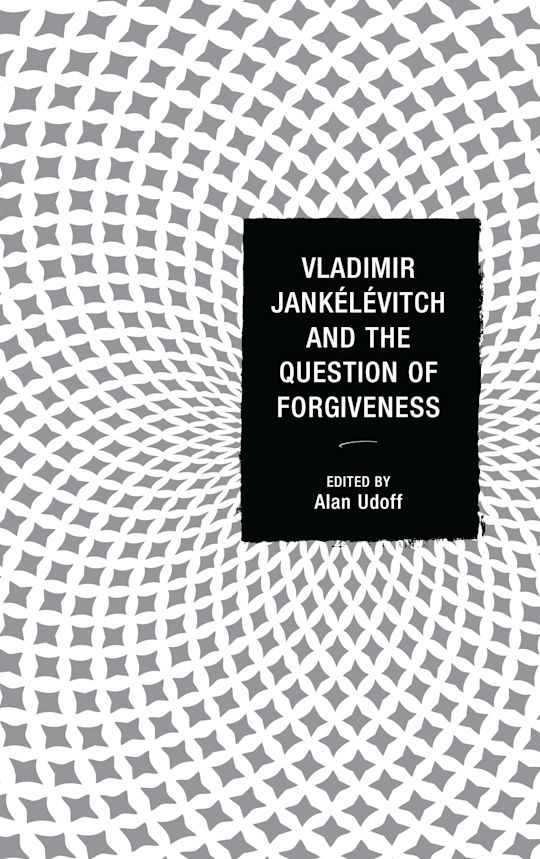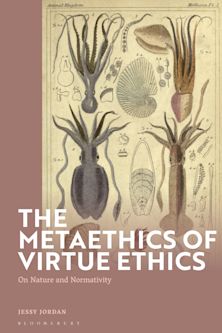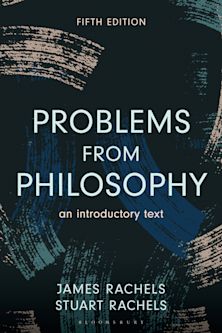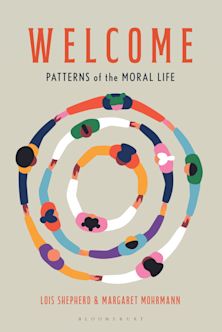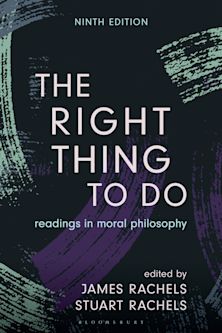- Home
- ACADEMIC
- Philosophy
- Ethics and Moral Philosophy
- Vladimir Jankélévitch and the Question of Forgiveness
Vladimir Jankélévitch and the Question of Forgiveness
This product is usually dispatched within 1 week
- Delivery and returns info
-
Free CA delivery on orders $40 or over
You must sign in to add this item to your wishlist. Please sign in or create an account
Description
The essays focus on the work of Vladimir Jankélévitch as a moral philosopher, particularly that aspect of his work dealing with the question of forgiveness. They treat topics such as the place of moral philosophy in relation to his work as a whole, his relationship to contemporary French thought, and the backgrounds of classical Judaic tradition and world literature. The centerpiece of this tableau is Jankélévitch’s book Le Pardon (Forgiveness).
Chief among the distinguishing characteristics is its rigorous defense of what might be termed a forgiveness free of the entanglements that taint the common understanding of forgiveness—what Jankélévitch refers to as pseudo-forgiveness. The advocacy of forgiveness in the name of political or social expediency, as well as the psychological benefit for the victim, are similarly repudiated.
In their place, Jankélévitch substitutes a radical forgiveness that is “initial, sudden, spontaneous”—not able to erase the past, but able to create a new future and, thereby, a new relationship to the past. He does not permit even this future, however, to serve as forgiveness’s justification. For him, beyond all justifications, beyond justice itself, forgiveness is a gift akin to love.
Table of Contents
Exordium
Part 1: Forgiveness: Text and Context
Chapter 1: Vladimir Jankélévitch at the Colloques des intellectuels juifs de langue française
Chapter 2: Jankélévitch and the Metaphysics of Forgiveness
Part 2: Theory and Praxis
Chapter 3: Guilty Forgiveness
Chapter 4: The Great Distress
Chapter 5: Travelling Light: The Conditions of Unconditional Forgiveness in Levinas and Jankélévitch
Chapter 6: Forgiveness and Its Limits
Chapter 7: Forgiveness and “Should We Pardon Them?”: The Pardon and The Imprescriptible
Part 3: The Witness of Literature
Chapter 8: New Spartans: Jankélévitch, Scheler and Tolkien on Vanity
Chapter 9: To Atone and To Forgive: Jaspers, Jankélévitch/Derrida, and the Possibility of Forgiveness
Part 4: At the Crossroads of Theology
Chapter 10: The Ethics of Honor and the Possibility of Promise
Chapter 11: “After such knowledge, what forgiveness?” On Jankélévitch and the Question of Repentance
List of Contributors
Product details
| Published | Feb 14 2013 |
|---|---|
| Format | Hardback |
| Edition | 1st |
| Extent | 266 |
| ISBN | 9780739176672 |
| Imprint | Lexington Books |
| Dimensions | 239 x 163 mm |
| Publisher | Bloomsbury Publishing |
About the contributors
Reviews
-
A latter-day humanist in the tradition of Montaigne, the essays of the French-Jewish philosopher Vladimir Jankélévitch display a delicacy of insight and a depth of feeling as applied to the broadest range of themes—music, laughter, nostalgia, evil, irony and death. In this volume, a distinguished group of philosophers and historians turn their attention to the essay on forgiveness for which Jankélévitch is best known. Cast into high relief by the horrors of mid-twentieth century European history, the questions raised herein retain a moral urgency undiminished by time and no less of relevance today.
Peter E. Gordon, Amabel B. James Professor of History, Harvard University









